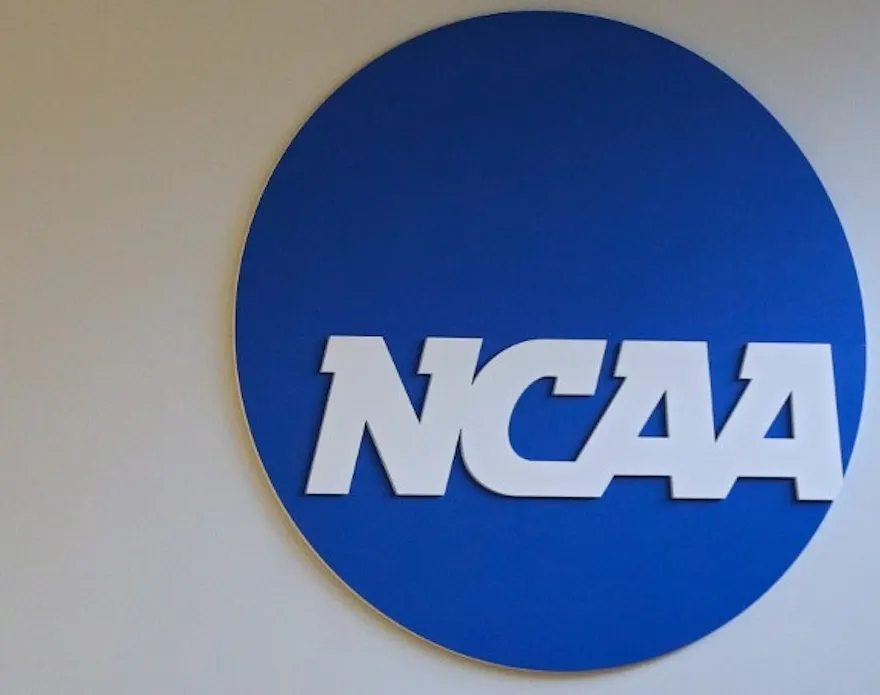Sports Betting Partnerships With the NCAA? Believe It

Perhaps the biggest sign that the idea of legal sports betting has hit the mainstream is a stunning recently signed Official Betting Partnership deal between one NCAA team and an elite sportsbook. The idea of sports betting/college program relationships, once a complete non-starter, has become a reality with PointsBet Sportsbook signing on with the University of Colorado Athletics program.
According to Colorado’s associate athletic director David Plati said in a recent statement, the partnership is “one of the few in existence between a sports betting operator and a major NCAA Division I Athletics Program”. Despite sports betting providers not being a fit for all NCAA programs, the deal could reasonably pave the way for more deals of its kind as the sports betting industry grows and the platform becomes more baked into the fabric of everyday American society.
A History of Reluctance
The NCAA has traditionally been staunchly against even the thought of legal sports betting on their products, whether it be basketball or football or any other of its high-level sports. But there has definitely been a slow and under-the-radar evolution of a sports betting platform.
The NCAA has been fighting against legal sports betting for decades as a unified "membership association" group that set the rules all of its members were expected to abide by.
NCAA executive Richard Hilliard once called the idea of legal sports betting and the NCAA "particularly offensive" and went on to say that “There is no doubt that the institution of State-sponsored gambling schemes would demean not only the integrity of intercollegiate sports, but also would invade the property rights of our member institutions.”
The Reason?
The NCAA took issue with the legal sports betting industry, thinking it would affect the integrity of their games by bringing some players over to the dark side.
In 1991, Richard Schultz of the NCAA testified in front of Congress and stated that: “The NCAA’s concern with legalizing gambling is a trickle-down impact it can eventually have on collegiate athletics. Mr. Chairman, gambling and intercollegiate sport do not mix. This is no less true of legalized gambling than it is of illegal gambling. That the schemes are allowed to exist changes the public’s perception, the fans’ perception, and — most important — the athletes’ perception of the game, and in the universal judgment of the college sports community, that change is for the worse.”
That testimony, and much more incendiary language about legal sports betting in prior years contributed to the signing of the Professional and Amateur Sports Protection Act that made it illegal for sports betting in the US - the same law that was overturned by the Supreme Court in 2018.
But Then...
That same PASPA was overturned and legal sports betting started becoming part of the fabric of the sports landscape in the US. While there are still many opponents of a legal sports betting/NCAA school mix, the writing seemed to be on the wall after the NFL, in particular, signaled that they were ready to give up on the fight with the gambling industry.
It became clear this year that a "when you can't beat them (in the Supreme Court), join them" mentality was starting to take hold not only within major sports leagues but also in the public realm as well.
Truth be told, the NCAA had already been aligning with sports betting operators. The NCAA has been involved in an under-the-radar relationship with DFS providers for years, including advertising on Conference-connected broadcast outlets and William Hill has been in a relationship with Nevada-Las Vegas and the University of Nevada-Reno for a few years now.
Why a Wholesale Change in NCAA Attitude Is Possible
Let's face it. The NCAA, arguably more than any other league is about the bottom line and the sports betting industry could be seen as a major driver of enhanced revenues going forward.
“If we want to be entirely honest, the NCAA member colleges for a long, long time have operated as revenue maximizers,” said Marc Edelman, a professor of law at Baruch College who consults extensively for the gaming industry. “In particular, the NCAA Division I football programs, as well as many of the basketball programs, have operated as essentially professional sports teams with the exception that owner side keeps 100 percent of the revenue.”
How Quickly Could We See More NCAA Programs Sign On?
Sports leagues tend to follow trends, they follow the money and they seem to follow each other, especially when things are going well. And it seems that the sports betting industry has done sports leagues some good since relationships have been consummated and providers have been able to inject their energy into leagues' brands.
There is a sentiment out there that the Colorado Buffaloes deal is just the tip of the iceberg.
“The University of Colorado’s new sports betting deal is the first among states that legalized sports wagering since 2018, and I expect many other similar partnerships to be announced before the end of the calendar year,” said Ryan Rodenberg, an associate professor at Florida State University. “What is unknown is whether the NCAA — as one of the five losers in the Supreme Court case — will do anything to prevent member schools like Colorado from entering into such deals.”
Legal sports betting is here to stay. It seems more of a question as to how many NCAA teams will jump on board and reap the financial benefits rather than if the platform will be accepted in the college sports orbit.







